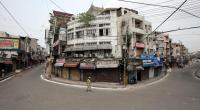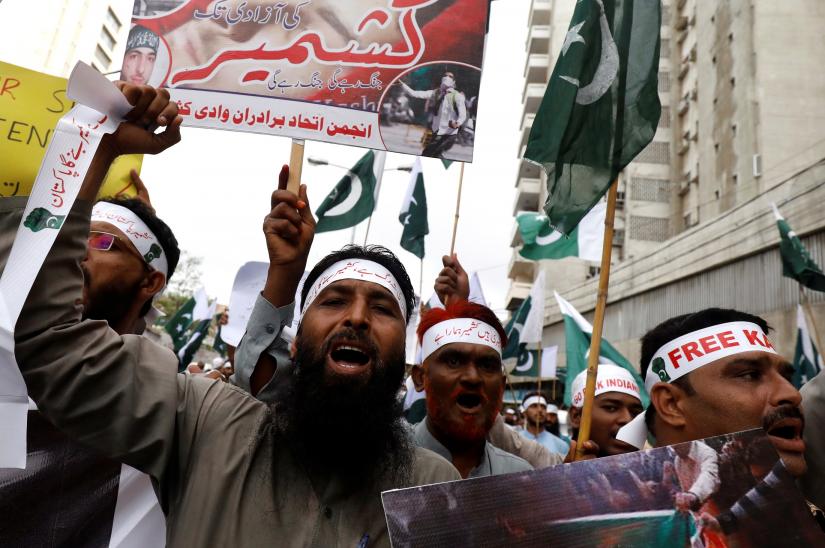 After the Narendra Modi government revoked the Article 370 of the Indian constitution, the special facilities promised to the Kashmiris under its article 35A also seemed to have ceased to exist alongside the autonomy which had been guaranteed to Kashmir in India.
After the Narendra Modi government revoked the Article 370 of the Indian constitution, the special facilities promised to the Kashmiris under its article 35A also seemed to have ceased to exist alongside the autonomy which had been guaranteed to Kashmir in India.
Under Article 35A, non-Kashmiris were prohibited from owning property or availing employment in the state. Only Kashmiris were entitled to property ownership along with government employment or registering for trade licenses.
According to the article, the legislative assembly alone had the power to decide on the strict definition that determined whether one was a permanent resident of Kashmir or not.
All that now changes with new decision taken by Modi led BJP government. Any Indian citizen can now own property and other resources in Kashmir at will.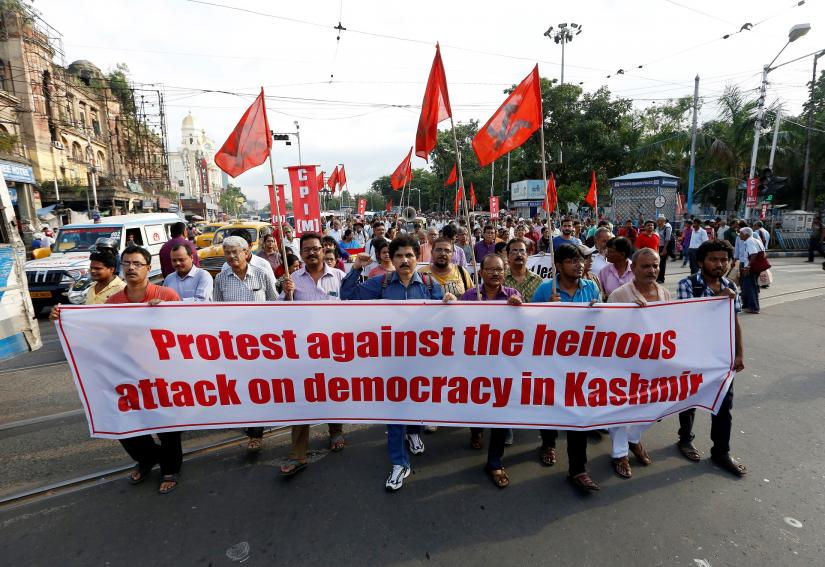 India’s Home Minister Amit Shah made an announcement to revoke Article 370 after a meeting with Prime Minister Narendra Modi on Monday (Aug 5).
India’s Home Minister Amit Shah made an announcement to revoke Article 370 after a meeting with Prime Minister Narendra Modi on Monday (Aug 5).
The bill was also passed within a few hours to turn Kashmir directly as a region to be controlled centrally by the Union government of India.
According to various media analyses, the BJP was trying to bring about changes in the Muslim-majority character of Kashmir through rendering the special provisions made for them in the article ineffective.
Analysts were of the opinion that the Modi government was trying to jeopardise the security of the Muslim-majority community of Kashmir by establishing Hindu neighbourhoods and industries there.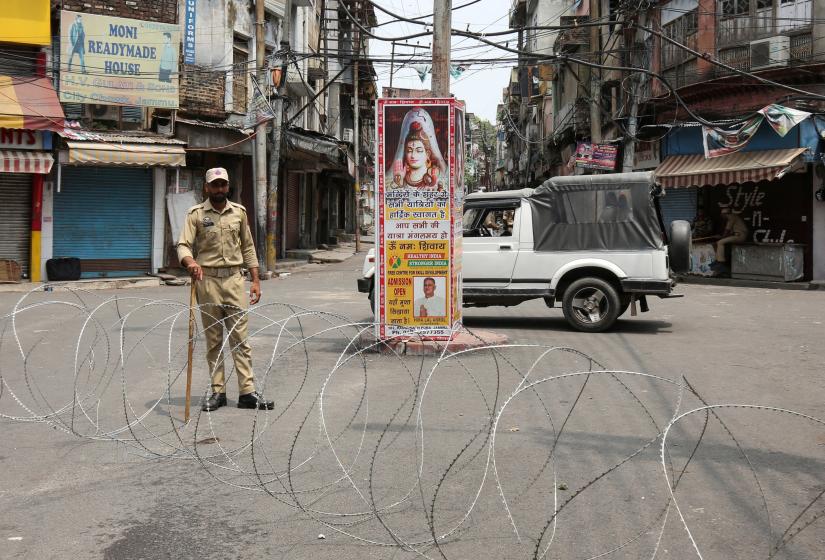 Some are therefore comparing the move to Israel’s policies in Palestine, saying that the pro-Hindu government was attempting to turn Kashmir into another Palestine.
Some are therefore comparing the move to Israel’s policies in Palestine, saying that the pro-Hindu government was attempting to turn Kashmir into another Palestine.
During an analysis conducted by the American broadcast media CNN, Happymon Jacob, a professor at Jawaharlal Nehru University said that that had allowed New Delhi to move ahead with the scrapping of Article 370 without the backing of local politicians in Indian-controlled Kashmir, according to.
“These decisions require constitutional amendments, which cannot be done with a presidential order, which is what they have done, but it has a weak legal foundation. It will be challenged in court but I don’t think the BJP is worried about this. They will fight it out, it will go on for a long time, and in the mean time they will come [with] radical changes in the state,” said Jacob, who has written extensively on India and Pakistan.
“At the moment, there is no legal opposition. There is only the governor who can oppose it, but he is home ministry-appointed,” he added.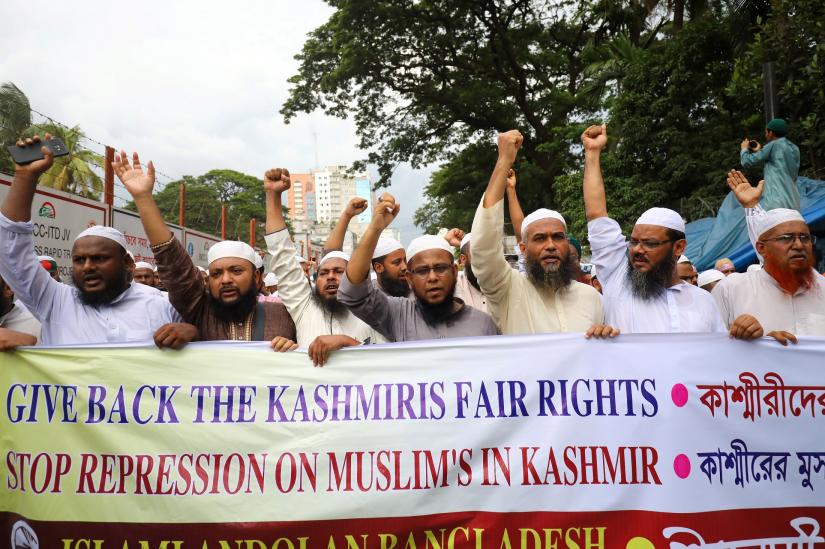 In addition to revoking Article 370, the government also introduced a bill to change Jammu and Kashmir’s administrative status from a state to a union territory. In the Indian system, state governments retain significant authority over local matters. But New Delhi has more of a say in the affairs of a union territory.
In addition to revoking Article 370, the government also introduced a bill to change Jammu and Kashmir’s administrative status from a state to a union territory. In the Indian system, state governments retain significant authority over local matters. But New Delhi has more of a say in the affairs of a union territory.
The bill passed at India’s upper house later Monday and will be table at the lower house soon.
“We don’t have any examples where a state has been downgraded to a union territory. The fact that you have changed the politics in Jammu and Kashmir so radically and fundamentally is surprising,” Jacob said.
“They have gone about doing that because once a state becomes centrally-administered, you don’t have to go through the state assembly for any decision-making power,” he added.
Under the plans, the remote mountainous region of Ladakh, which is now part of the state of Jammu and Kashmir, will be separated and turned into a standalone union territory.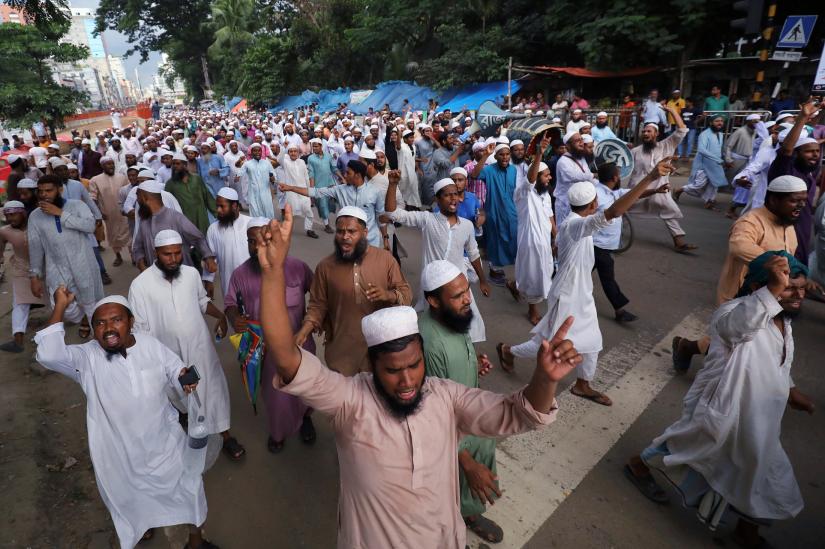 “Another provision, which prevents people from outside the state buying land in the territory, will also disappear. Many Kashmiris believe this rule is crucial to protecting the demography of the Muslim-majority state,” said the Guardian.
“Another provision, which prevents people from outside the state buying land in the territory, will also disappear. Many Kashmiris believe this rule is crucial to protecting the demography of the Muslim-majority state,” said the Guardian.
A government source told the Guardian that the change would bring the state’s laws in line with those of India and was crucial to ensuring development in Kashmir, which it said had been stifled by land ownership rules.
The Los Angeles Times cited that critics drew comparisons to Israel’s promotion of Jewish settlement in Palestinian territories.
“This latest move is only an attempt by the Indian state to try and change the demography of Kashmir such that it ceases being a conflict,” said Mudasir Amin, a Kashmir-based researcher, to The Los Angeles Times.
According to Andrew Korybko, an American Moscow-based political analyst, What India is doing to Kashmir would be the same as if “Israel” already had over half a million troops in the Palestinian Authority, imposed a curfew there prior to arresting its leaders, removed its relative “autonomy”, and then unilaterally decoupled the Gaza Strip from the West Bank by making them separate administrative districts.
Not only that, but the revocation of Article 35A in Kashmir was tantamount in the Palestinian context to opening the floodgates of unrestricted Jewish settlement of the West Bank, Andrew added.


